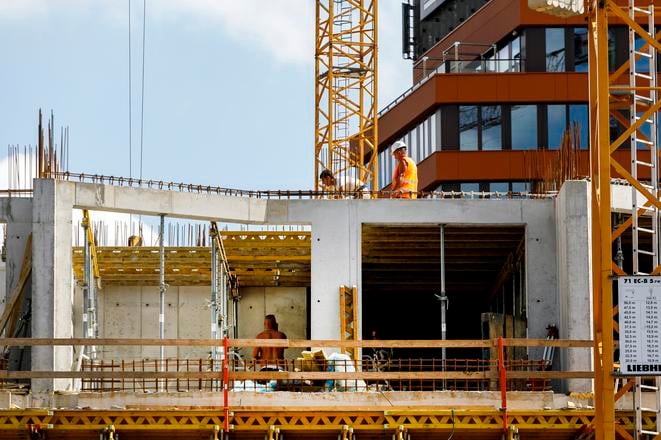As part of the third package of consolidation measures, the government of Robert Fico (Smer) has increased social and health insurance contributions, affecting many self-employed individuals (known in Slovak as SZČO or živnostníci) starting next year.
The minimum assessment base for social levies will rise from the current 50 to 60 percent of the average wage; for health levies, it will increase from 15 to 16 percent of the assessment base.
In practice, this means that the self-employed will have to pay a minimum of €303.11 in social levies and €121.92 in health levies per month — a total increase of €969 per year compared to 2025.
As a result, some may now consider closing their trade licence and establishing a limited liability company (s.r.o., colloquially eseročka) instead.
Andrea Tomečková, co-owner of the tax consultancy Easy Start Tax, calculated for Index magazine how the upcoming changes will affect the net income of both self-employed individuals and limited liability company owners across various income levels.
How much will the self-employed earn
For this comparison, six levels of gross income were taken into account and compared with employee wages.
When calculating taxes and levies, the self-employed first deduct flat-rate expenses from their income — currently 60 percent of income, up to a maximum of €20,000 per year.
They then pay social and health levies, with the minimum total amounting to €425.03 per month.



